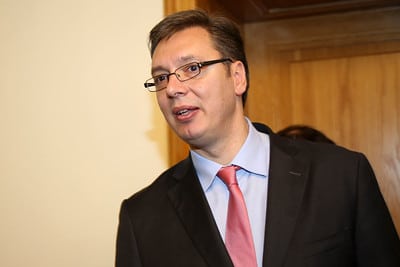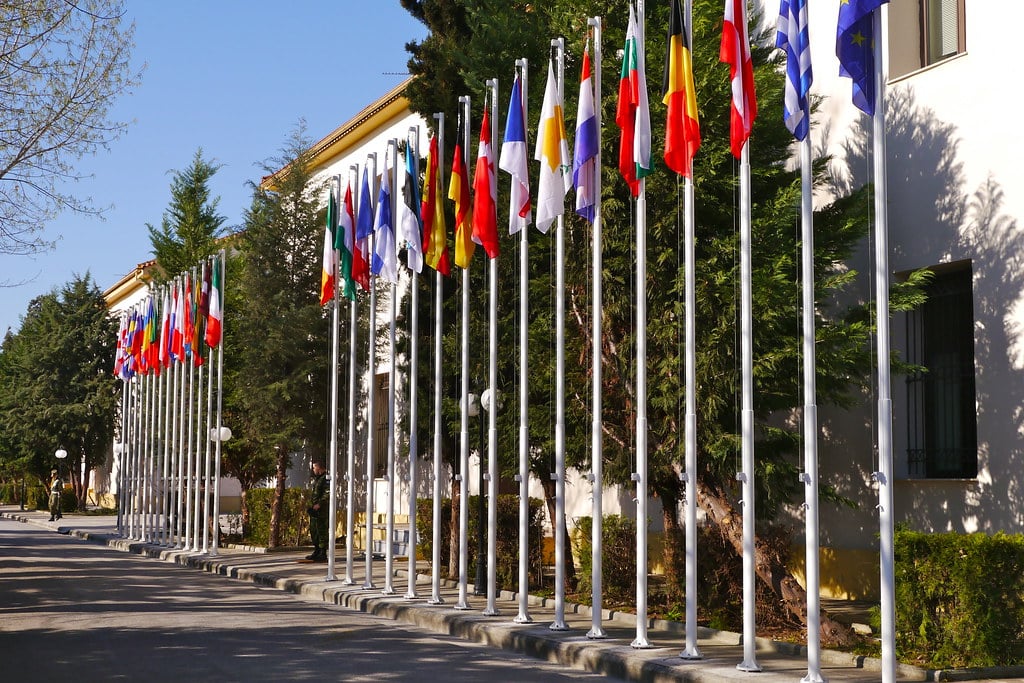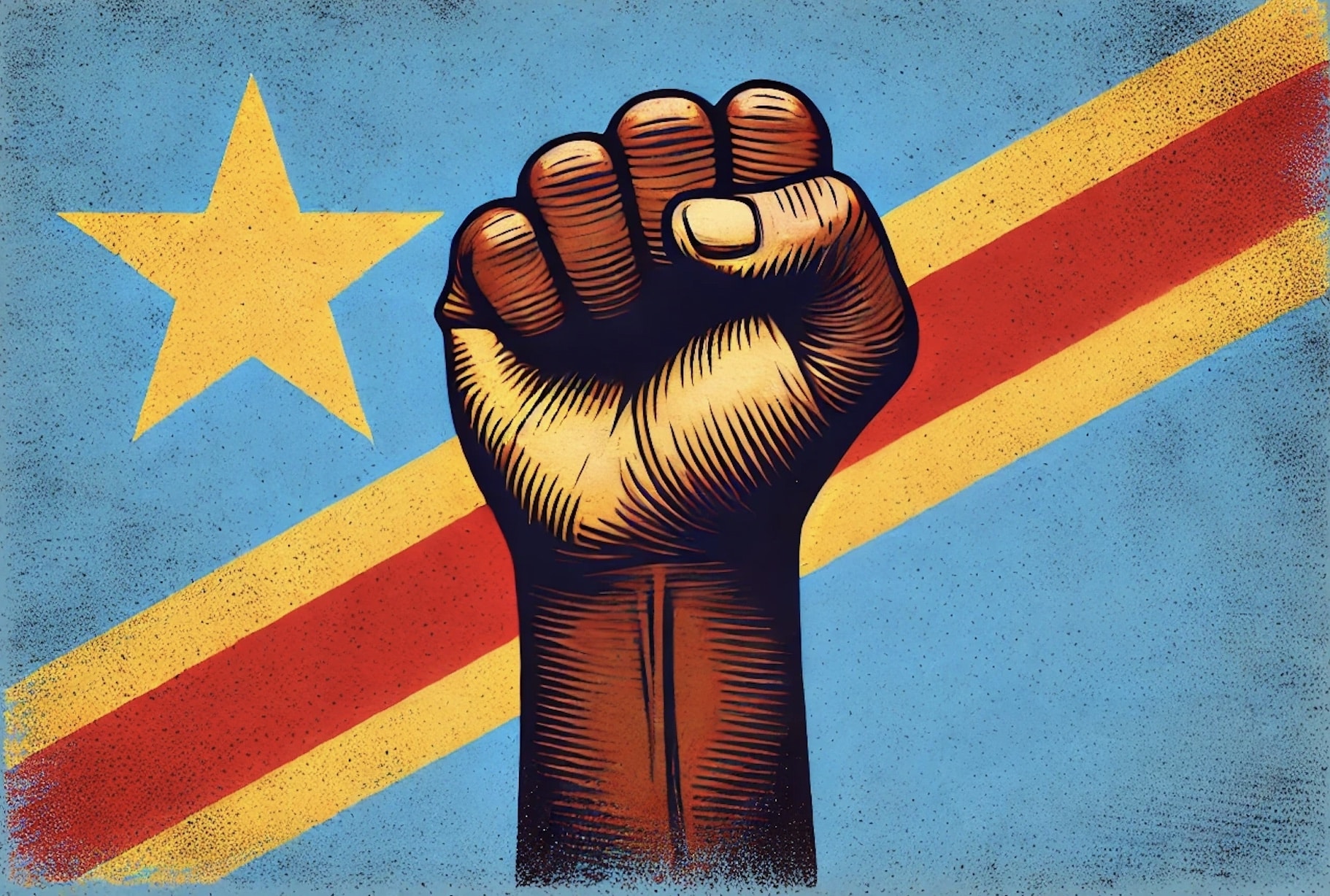Vucic, who was prime minister before becoming president in 2017, is drawing more and more power to himself in Serbia. In the controversial parliamentary elections, which took place on Sunday 21 July, his right-wing populist party, the Serbian Progressive Party (SPS) triumphed in dubious fashion. According to current forecasts, the SPS obtained some 63 per cent of the vote, representing about 190 of the 250 seats in parliament. This gives the SPS an absolute majority; as a result, its party does not have to form a coalition with, among others, the Socialist Party of Serbia (SP), which formed a government with the SPS before the elections. Currently, the SP stands at 11 per cent of the vote and Aleksander Sapic's right-wing populist Serbian Patriotic Alliance at four per cent of the vote.
Free play area
Because many of the opposition parties had boycotted the elections, Vucic's party was given the space to win the elections by a wide margin. This resulted in the new parliament having almost no opposition, leaving millions unrepresented. Indeed, the largest opposition coalitions the Alliance of Serbia (AS) and the Civic Platform did not participate in the elections. According to them, the elections would not be free and fair anyway, partly because Vucic is the only politician with a media presence and limits media freedom. Indeed, the president controls state TV, and private channels also have close contacts with his party.
Partly due to the boycott, as due to the corona virus, turnout was on the low side at around 48 per cent. Nevertheless, according to a Serbian NGO and other observers, the SPS also benefited from voters' perception that the government handled the corona crisis well. Indeed, the government instituted a series of measures to soften the economic blow to Serbs, and managed to keep the spread of the virus in tone with one of the strictest measures in Europe. Nevertheless, the number of destinations is now rising sharply.
Decline, or progress for Serbia?
Vucic spoke of his party's 'historic' victory after the election results. ''We won everywhere. We even won in places we never won before'', the president addressed his supporters. However, Vucic and his party have been widely criticised internationally. For in the latest Freedom House report, Serbia is now characterised as a hybrid regime where democratic institutions, freedoms and values are on the wane. The question therefore remains for the EU, whether an autocratic regime like that of Russia, or Turkey is accepted in the Balkans.
Most voters are behind Vucic's plans to secure EU membership while maintaining close ties with Russia and China. In doing so, the 'new' government will face more pressure from the EU and the United States to recognise Kosovo as an independent state.
By: Remy van Aanholt
Photo: Flickr





